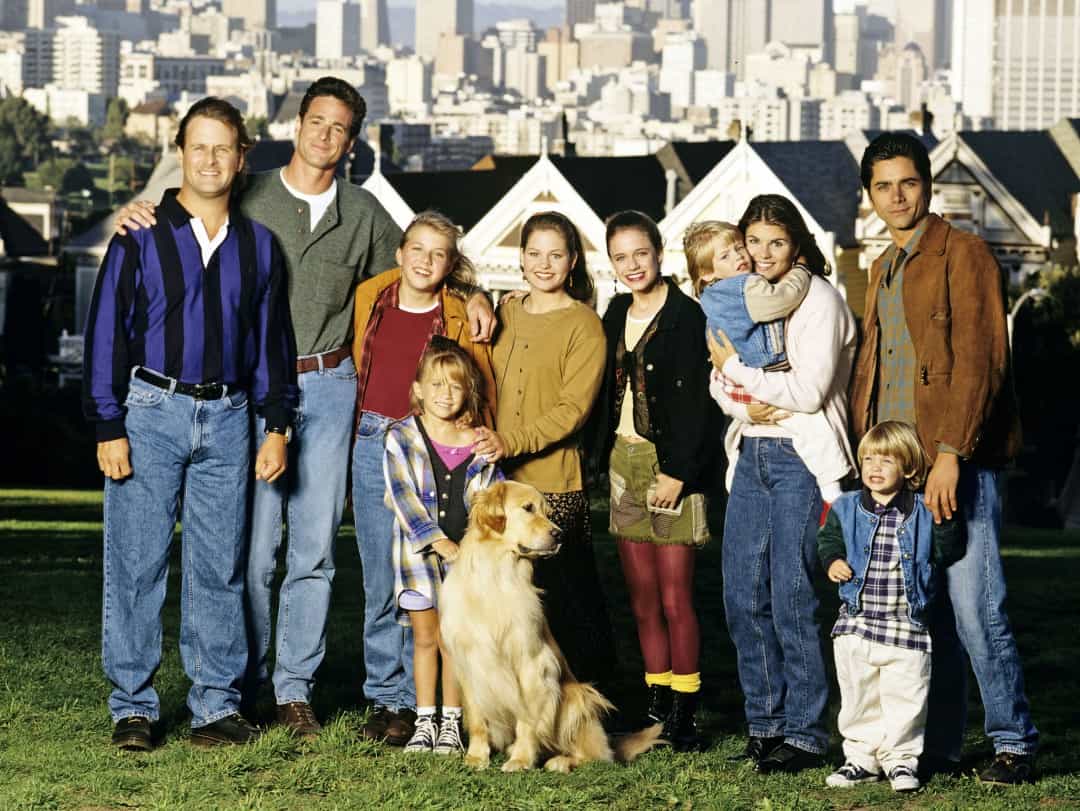
They say ‘story’ is a simple concept. A series of connected events that lead the audience through a direct narrative where something changes. Characters change. Grow. Learn. There’s thematic dynamism swirling around to hold it all together.
Beyond the nuts and bolts of what happens is the why it is happening. All of that — that’s pretty much story.
When you spend too much time with writers, reading books on writing and agonizing over proper story structure, it’s easy to get lost in the miasma of the language of writing rather than the actual work of writing. You shouldn’t worry too much about what story is and isn’t. Story versus plot? Who cares. Just write. Start. Make something.
Really, all I want to do is tell you this story —
It starts like this — On the west coast of the United States, a young woman is on her drive home. Long day at the office, so traffic is light at this hour. She’s excited to get home – she’s recently back to work after giving birth to her third daughter, who her husband is home taking care of.
She thinks, ‘It’s great that he works odd hours. He can stay with the kids while I’m out working.’ He’s a good man, this husband. Nice. Too nice really, but this charm is what got him a job working on a local news show.
The wife, she never makes it home. A drunk driver swerves into car. Instantly killing them both.
The nice man now has three daughters to care for as a single parent. The youngest, just a baby. The wife’s brother offers to help, so he moves in. He works nights, mostly at bars. He’s uncomfortable around children, but has nowhere else to go, so he’s a live in nanny for his three nieces.
Money is tight, so to help with the rent the nice man’s college buddy moves in. College buddy works odd hours, when he works at all. He’s hyper-active. Narcissist but well meaning. This nice man now has two roommates who he now has to take care of as well as his daughters.
The death of the wife brings them all together while they each mourn her passing. The nice man throws himself into his job. When he’s home, all he can think about is the emptiness of the house – his love gone and filled up with a loose cannon uncle and a lazy college buddy. His daughters always have someone to watch them, because someone is always there in the full house.

‘Full House’ cast on location in San Francisco – Season Eight – 9/27/94, Pictured, from left: Dave Coulier (Joey), Bob Saget (Danny), Jodie Sweetin (Stephanie), Mary Kate Olsen (Michelle), Candace Cameron (D.J.), Andrea Barber (Kimmy), Blake Tuomy-Wilhoit (Nicky), Lori Loughlin (Rebecca), Dylan Tuomy-Wilhoit (Alex), John Stamos (Jesse). , (Photo by Craig Sjodin/ABC via Getty Images)
Yes. This is the story of ‘Full House.’ Embellished a bit, sure, but it was the facts of the show’s premise.
When the show starts, Danny Tanner is destroyed by the loss of his wife. He has three daughters who now don’t have a mother, so two dudes move in to help out. Uncle Jesse’s an aspiring musician with a series of odd jobs. No real career. Kids and family don’t fit with his lifestyle. Joey is an aspiring comedian with a good heart, but he’s immature and needs just as much attention as the kids do.
The premise of the show could have easily gone dramatic. Heartbreaking. The fact that the premise worked as a sitcom is impressive.
I always think of ‘Full House’ when I start a new project. Just because you have a premise, an idea – a story, this doesn’t mean you have the most important part of the equation.
The painter, writer, designer, musician, illustrator should always ask themselves this — What do I want this to be? Funny? Sad? Dramatic? Over the top? Why am I creating this and what is it I want to give the audience?
The thing about ‘Full House’ is that it could have been a different genre, but the creators kept to their vision of a family friendly sitcom. The theme of ‘Full House’ could be something like ‘family sticks together‘ — but from the premise it could have also shown the dark side of family, how one missing member can unravel strained relationships. Without his wife, Danny could have lost control. But, no. There was no alcoholism or drug abuse. Uncle Jesse never got blackout drunk and got in a fight after the Rippers played a show at The Smash Club. There was no examination of Danny’s mourning period. No debilitating depression. Joey wasn’t a closeted homosexual with body dysmorphia issues who worked out his issues on the stage. All of this could have easily happened – if it were a different show.
I have a few projects I’m starting, so ‘Full House’ has been on my brain. It’s a clear example of a creator manipulating a premise, a story, into what they want it to be. Ignoring where the story can go, to focus on where it should go.

Great post, one of my favorites so far!
Thank you, sir!